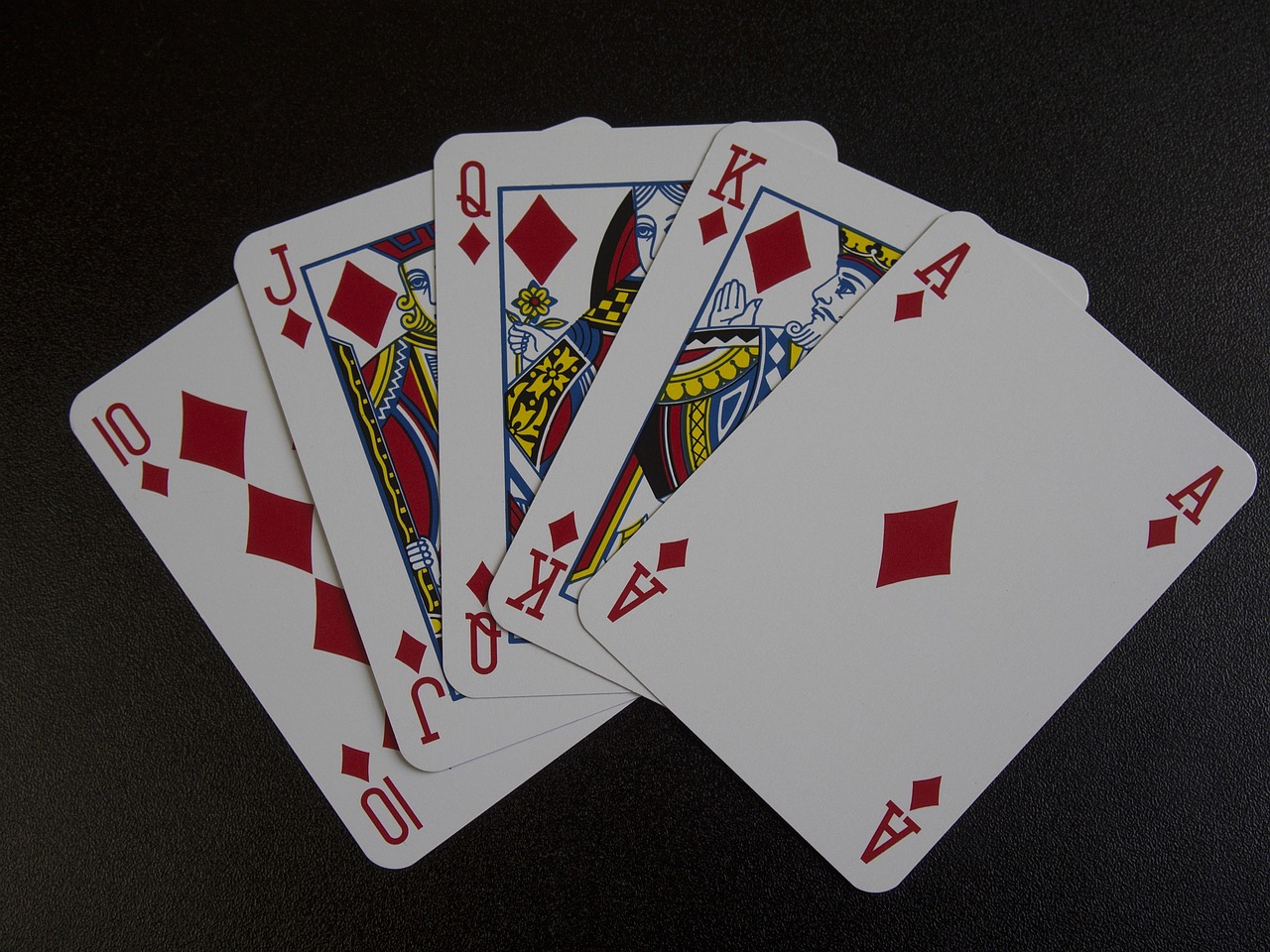There are a lot of different poker habits that players can develop over time. Some of these habits are helpful and can improve your win rate, while others are harmful and will only cost you money in the long run.
In this article, we’ll look at some poker habits you should avoid if you want to be a winning player.

Playing when you’re on tilt.
Playing poker in a bad mood or feeling “off” can lead to costly mistakes. It is because being in a negative mental state can cloud your judgment and make it difficult to think logically and strategically.
When you feel bad, you may be inclined to take unnecessary risks or play overly aggressively to cope with your negative emotions. It is essential to develop good habits around managing tilt to avoid this pitfall. Some strategies include taking breaks between games, going for a walk or jogging to clear your head, engaging in activities that provide catharsis, and even seeking professional help if your feelings of tilt are persistent or intense.
With the right mindset and tools, you can avoid playing poker when you are tilted and protect yourself from making bad decisions that cost you wins.
Calling too much.
Calling too often is a common habit for many poker players and can be extremely costly. This tendency usually arises because players are overconfident or perhaps tempted by the possibility of winning large sums for a small investment.
However, this habit can lead to ruin, as it makes astute opponents aware of your hand and allows them to take advantage of you. Calling too much slows down the pace of play and allows your opponents to build up their chips while you exhaust yours.
To avoid these pitfalls and to protect your poker chips at table, you must learn to control your urge to call too much. You will find it easier to resist the temptation and win more frequently in the long run if you gain enough experience.
Bluffing too much.
Bluffing is a crucial part of the game of poker. It can help you to win hands that might otherwise be unwinnable, and it adds an element of excitement and strategic thinking to each round.

However, too much bluffing can end up hurting your chances of success in the long run.
Excessive bluffing can quickly become a habit that is costly and detrimental to your overall game. Instead of relying too heavily on bluffing, staying grounded in a solid strategy that builds sustainable wins over time is better.
In the end, it’s essential to avoid becoming too caught up in the temptation of bluffing and instead focus on playing smart at all times.
Playing too many hands.
One of the biggest mistakes many players make when playing poker online or live is attempting to play too many hands. It can quickly lead to the habit of trying to make weak hands work by gradually increasing bets and calling down bigger bets when you have little chance of winning.
This behavior can be highly costly in terms of money lost and long-term skill development. Instead of constantly playing every hand, it is often wise to focus on picking your spots wisely and save those chips when needed.
Avoiding this common pitfall allows you to hone your poker skills and make more consistently strong plays over time. That way, you can start learning how to play poker by winning more games and earning more profits in the long run.
Checking too much.
Checking too often is a habit that typically arises from a combination of two factors: fear of losing and impatience. On the one hand, you may be afraid of being beaten by your opponents, so you check repeatedly in the hopes that they will make mistakes or give up entirely.
The problem with this approach is that it can wind up costing you more money in the long run, as checking extra often can take away critical information that could help you make better decisions in the future.
This habit can also lead to impatience, which makes it even harder to hold back and wait for good opportunities to arise. Overcoming these two obstacles may require some work on your part. It would help if you were disciplined to avoid falling into the trap of excessive checking and start winning more games at the poker table.
Betting too much.
Excessive betting is pretty common among players, and it can cost you dearly in terms of wins. At its core, excessive betting can result from emotional or reactive decision-making rather than being based on strategic analysis and sound judgment.
It can cause you to overestimate your hand strength and underestimate that of your opponents. Over time, this constant overexposure will erode any potential gains you might otherwise have made in the long run.
It is essential to stay focused, use careful strategy to avoid getting caught in this damaging betting habit and start winning more consistently at the table.
Raising too much.
This habit can often result in you investing more money into the pot than you need to, giving your opponents a chance to outmaneuver or outsmart you. Over-raising can cause others at the table to pick up on your play style and tailor their strategies accordingly.
The key to avoiding this habit is to use discretion when deciding whether or not to place a bet, taking into account both the size of your hand and the likelihood that someone else may have a stronger one. Other tips include paying close attention to your opponents’ habits and learning to read other players’ body language during play.
Conclusion
Several bad habits can develop over time and wreak havoc on your poker game. Fortunately, by being aware of these potential pitfalls, you can work to avoid them and improve your chances of coming out ahead in the long run. So, keep these tips in mind next time you sit down at the table, and you’ll be well on your way to playing your best poker.


